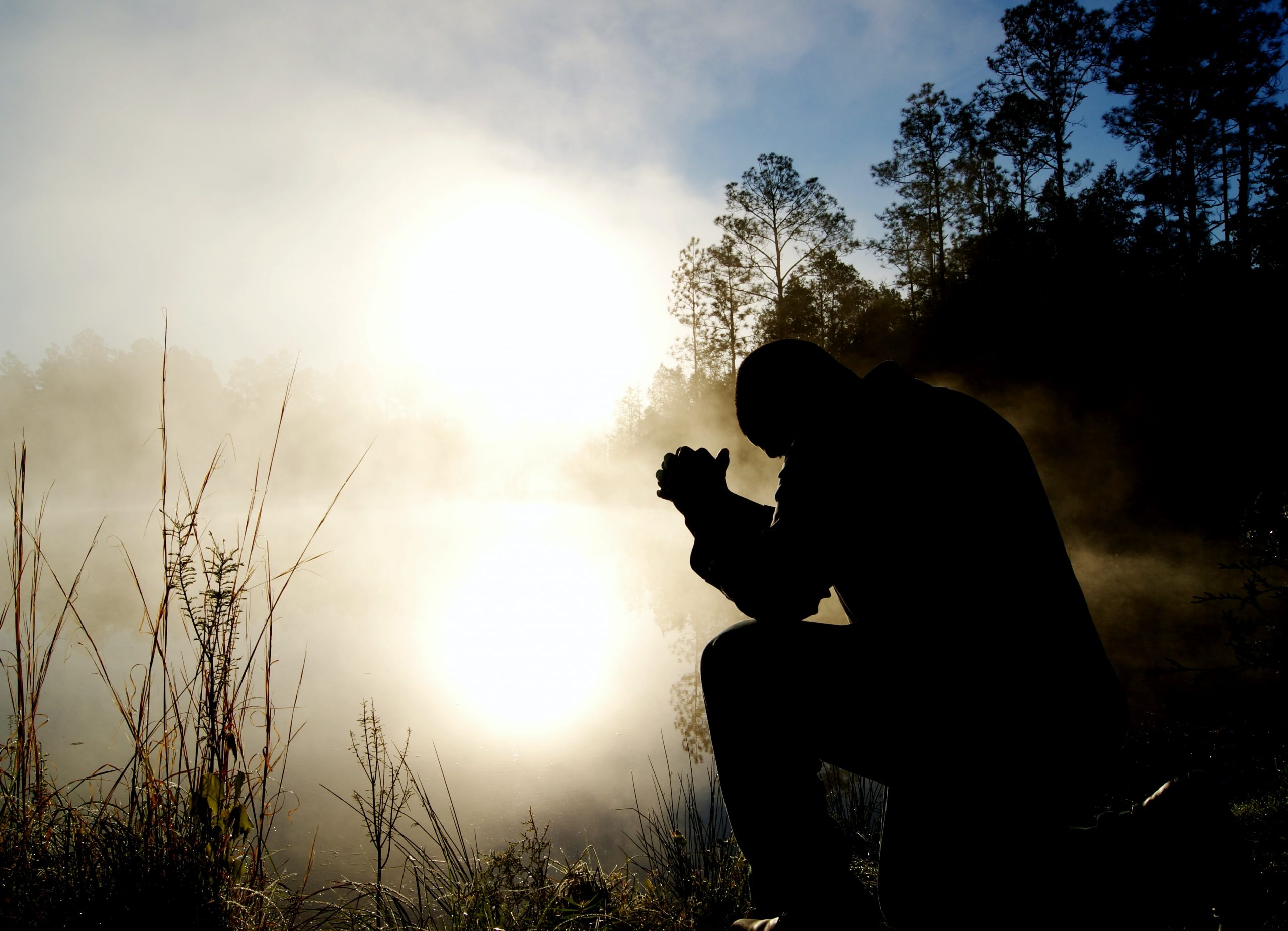Back in college, I often lay awake late into the night, mentally scrolling through my ever-increasing prayer list. Sometimes I would drift into sleep, only to jerk awake at two a.m., horrified to realize I had missed praying for the last few people. Growing up in a ministry context, I cared very deeply about pleasing God from a young age. However, for me, this sincere desire meant being aware of rules, and then striving fiercely to fulfill all requirements of righteousness.
And then?
One year God led me to give up prayer for Lent. Specifically, I was to let go of the idea that the world would halt if I skipped a day of intercessory prayer. Instead, I felt God inviting me to curl up on the floor with a blanket and listen to worship music for an hour, a simple practice that was body-based. I called it, “Rest.”
At first, my mind often spent the whole hour racing through to-dos and worries. But this didn’t matter. Rest was not about focusing my mind, meditating, praying, or anything else. It was solely somatic: I simply lay still and listened. In other words, I could not fail.
Slowly my body and mind grew more accustomed to the rhythm, and I found myself craving it. I settled, bit by imperceptible bit, into Rest for mind and body. I received both God’s belovedness for me and His truth that I, shockingly, did not sustain the world through my faithful intercession—that all provision for righteousness had been met by the work of Christ. The rational, intellectual part of me had known this when I was much younger; however, my body, following the Lord’s prompting, had to lead me there. Through Rest, I grew into an embodied knowledge of God’s breathtaking grace and unconditional love for me.
We are created in the image of our transcendent and physical, holy and wholly relational God. When stress, loss, or unspeakable trauma come, they can pose mental blocks to our relationship with God; how could He allow such horrors?
However, our bodies are made to mercifully span the distance. We can kneel and pray—and fast and feast!—without having answers to all our doubts. We can cling to the One against whom David rails and also adores with sacrifices, flagrant dancing, and singing. With embodied worship.
What beautiful freedom!
Discipleship cannot be limited to the rational, the abstract, the domain of the prefrontal cortex. Too often we relegate discipleship only to books, accruing more of a type of knowledge. While harnessing the intellect is crucial, I believe our faith will not survive this life without a deep, felt attachment to God. In order to love God with all of our hearts and souls as well as our minds (Matt. 22:37), we need an experiential knowledge of the divine that saturates everything, pulsing and perpetuating through our physical bodies and emotions.
When was the last time your heart broke? Or you sat with a loved one, knowing that even your most beautifully phrased and theologically relevant words could never stave off their agony? No words could cover it. But presence, a nourishing meal or caring touch—well, those help. Sometimes they save our lives.
The Savior sees and treasures our“ widow’s mite” of physically kneeling in prayer during a season of doubt or weeping with a grieving friend, just as He Himself wept (John 11:35). Jesus is forever incarnated as God and Man, thereby eternally glorifying and dignifying our human bodies. Following Him, we cannot settle for anything less than embodied spirituality.
Resources:
- Liturgy of the Ordinary (Tish Harrison Warren)
- Sensing God (Joel Clarkson)
- Renovated (Jim Wilder)
- Pause app (Wild at Heart resources, smartphone app)
- Breath Prayer (“Lord Jesus Christ, Son of God, have mercy on me, a sinner” – inhale/exhale every few words. Ancient Christian practice)







